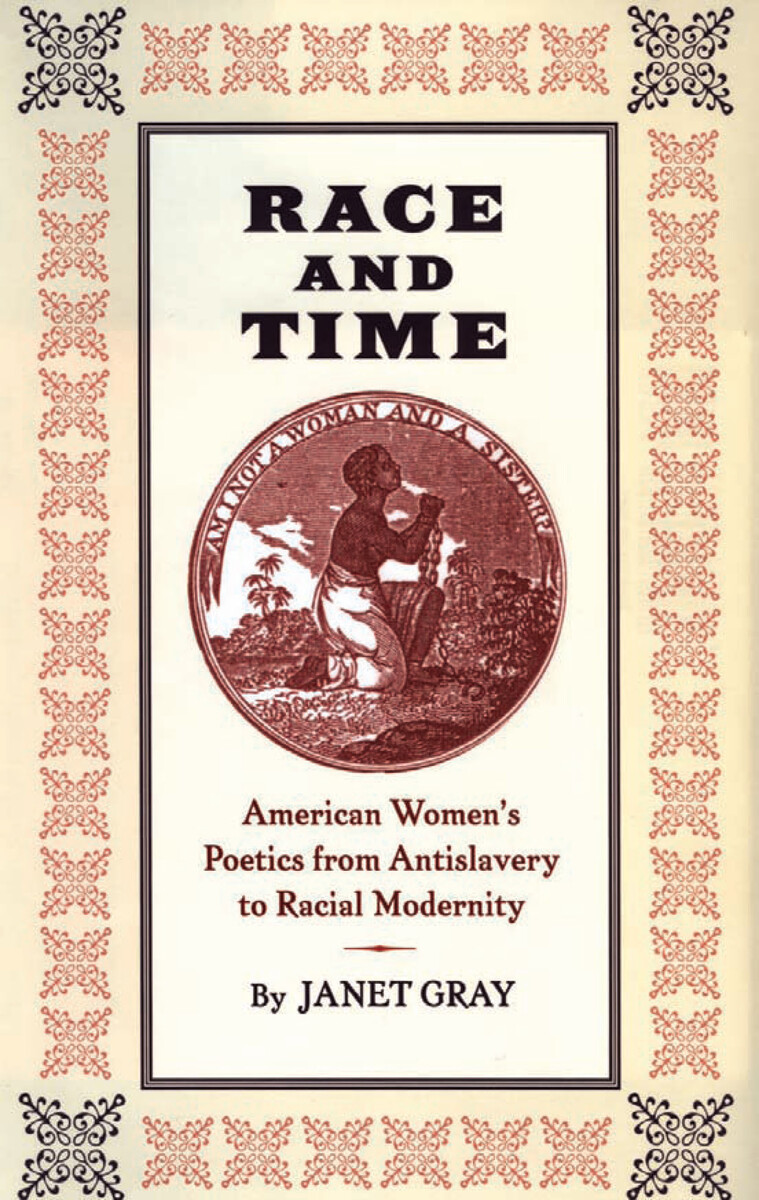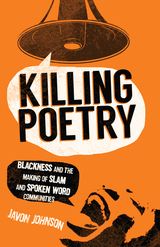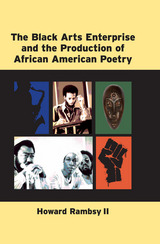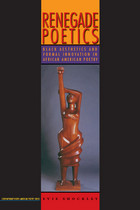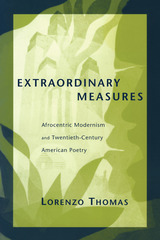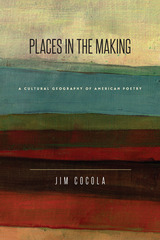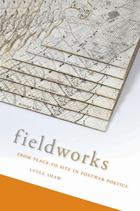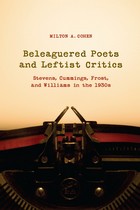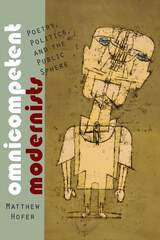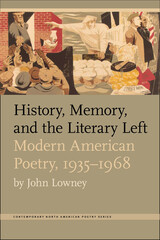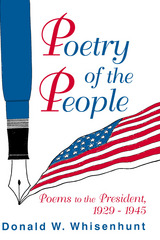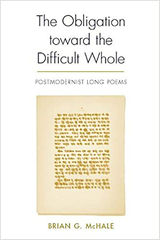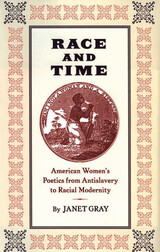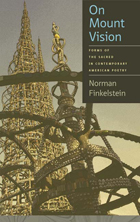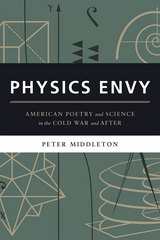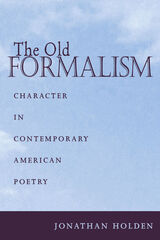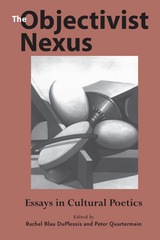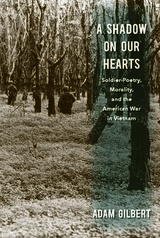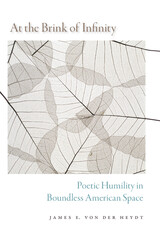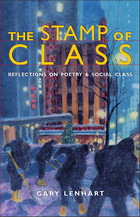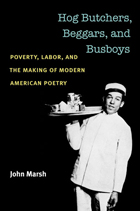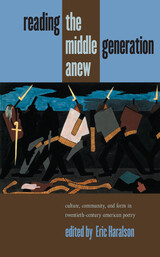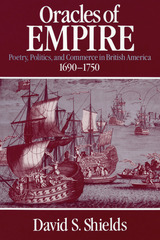Cloth: 978-0-87745-877-7 | eISBN: 978-1-58729-480-8
Library of Congress Classification PS310.R34G73 2004
Dewey Decimal Classification 811.3099287
Race and Time urges our attention to women’s poetry in considering the cultural history of race. Building on close readings of well known and less familiar poets—including Elizabeth Margaret Chandler, Sarah Louisa Forten, Hannah Flagg Gould, Frances Ellen Watkins Harper, Sarah Piatt, Mary Eliza Tucker Lambert, Sarah Josepha Hale, Eliza Follen, and Mary Mapes Dodge—Gray traces tensions in women’s literary culture from the era of abolitionism to the rise of the Plantation tradition. She devotes a chapter to children’s verse, arguing that racial stereotypes work as “nonsense” that masks conflicts in the construction of white childhood. A compilation of the poems cited, most of which are difficult to find elsewhere, is included as an appendix.
Gray clarifies the cultural roles women’s poetry played in the nineteenth-century United States and also reveals that these poems offer a fascinating, dynamic, and diverse field for students of social and cultural history. Gray’s readings provide a rich sense of the contexts in which this poetry is embedded and examine its aesthetic and political vitality in meticulous detail, linking careful explication of the texts with analysis of the history of poetry, canons, literacy, and literary authority.
Race and Time distinguishes itself from other critical studies not only through its searching, in-depth readings but also through its sustained attention to less known poets and its departure from a Dickinson-centered model. Most significantly, it offers a focus on race, demonstrating how changes in both the U.S. racial structure and women’s place in public culture set the terms for change in how women poets envisioned the relationship between poetry and social power.
Gray’s work makes contributions to several fields of study: poetry, U.S. literary history and American studies, women’s studies, African American studies and whiteness studies, children’s literature, and cultural studies. While placing the works of figures who have been treated elsewhere (e.g., Dickinson and Harper) into revealing new relationships, Race and Time does much to open interdisciplinary discussion of unfamiliar works.
See other books on: African Americans in literature | Literature and history | Race in literature | Race relations in literature | Slavery in literature
See other titles from University of Iowa Press
